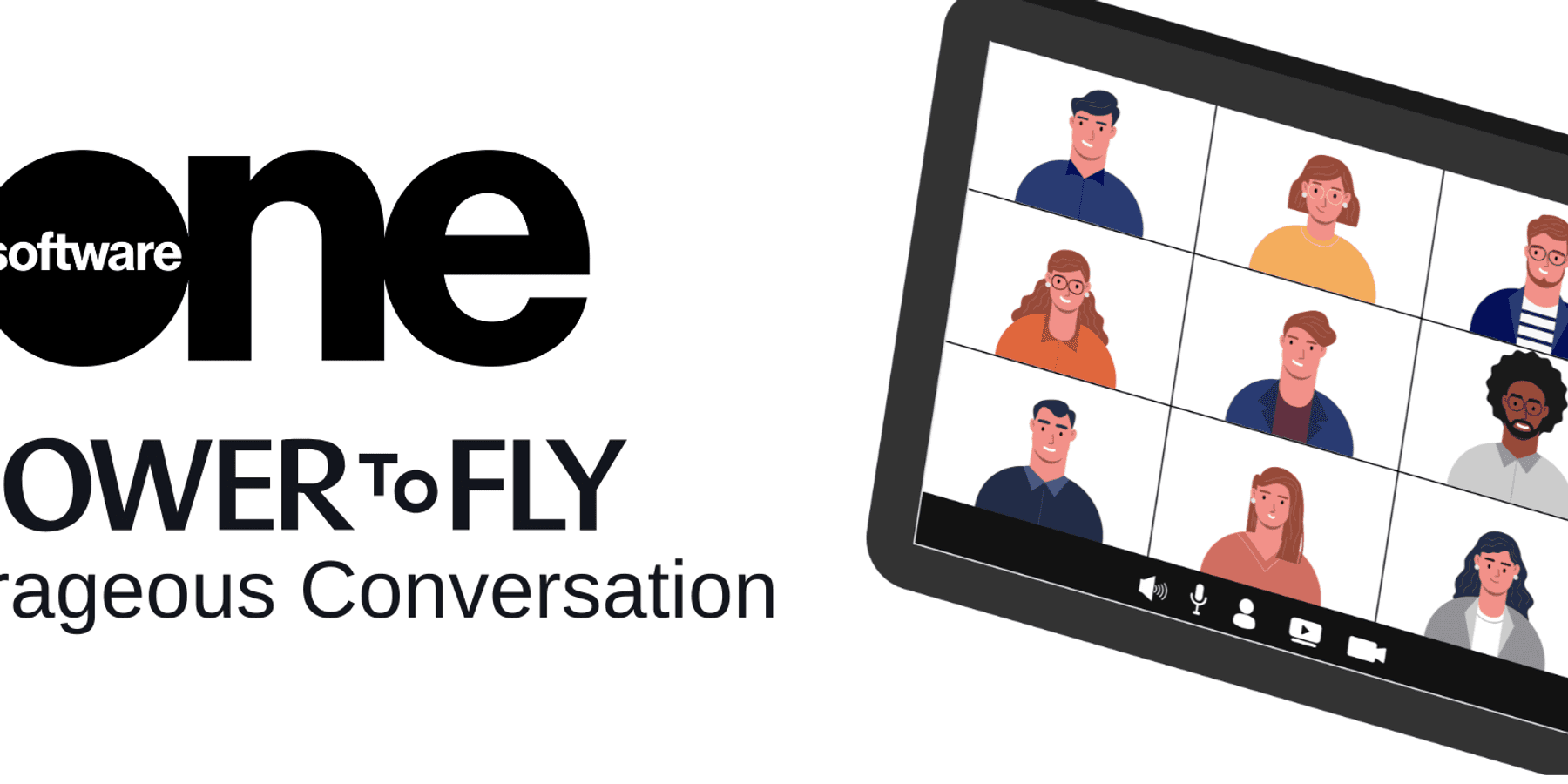As workplaces evolve, so too do hiring practices, and skills-based hiring is rapidly gaining momentum as an innovative and equitable way to build effective teams. So what does skills-based hiring mean exactly, and what are its advantages for both employers and candidates? How can companies use it to create a more diverse and effective workforce?
What is skills-based hiring?
Let’s begin at the very beginning. Skills-based hiring is a recruitment method that prioritizes a candidate's competencies, practical experience, and technical abilities over more traditional qualifications such as degrees or titles. Unlike those typical hiring methods, which frequently prioritize educational background and years of experience, skills-based hiring evaluates a candidate's genuine ability and potential to perform in a specific role. Essentially, this approach redefines success measures by emphasizing "can they do the job" over "where did they go to school" or "how long have they been in the industry."
Why skills-based hiring matters
1. Increases inclusivity and equity
Providing opportunities to applicants who may not have formal qualifications but have the requisite skills means that skills-based hiring inherently encourages greater inclusivity. This is particularly impactful for the people from underrepresented or economically disadvantaged backgrounds, who might not have had access to higher education but are just as capable (or more capable) of doing the work.
2. Reduces hiring bias
Focusing on skills can help to decrease biases resulting from those same limitations on educational background, working experience, and additional demographic factors. Companies and recruiters can evaluate candidates more fairly by focusing on pure skills rather than arbitrary qualifications, which fosters diversity and decreases unconscious bias (consider candidate rejections still based on name, or gender, etc., because of unconscious bias).
3. Address the skills gap
Industries are continually evolving, and thanks to technology, the pace is faster than ever before. Therefore, the demand for specific skills currently outstrips the supply of qualified employees. Skills-based hiring enables businesses to fulfill these skill gaps by identifying individuals with the relevant expertise rather than focusing solely on traditional criteria.
4. Improves job performance and retention
Employees recruited primarily based on their specific ability to execute particular tasks (hard and soft skills) are generally better suited to their roles, which can result in increased productivity, job satisfaction, and retention rates.
Benefits of skills-based hiring for organizations
- Higher quality hires: When hiring based on skills, businesses are more likely to be able to identify applicants who are directly qualified to match the job's requirements.
- Faster hiring processes: Skills-based assessments speed up the hiring process by filtering down applicants to those who possess the required mastery of those relevant skills.
- Enhanced employee engagement: Employees feel valued and understood when they are evaluated on their abilities, which can lead to increased motivation and dedication.
- Cost-effective: Hiring for skills instead of experience can save training expenses because fresh hires are already familiar with the desired responsibilities (although you should still consider upskilling!)
Examples of skills-based hiring in action
Businesses are already turning to skills-based hiring to boost staff capabilities and diversity. According to TestGorilla's State of Skills-Based Hiring 2024 research, over 76% of companies now use skill assessments in their hiring procedures, and more than half of hiring managers say they expect to prioritize skills over degree or job experience in the future.
Companies such as Google, IBM, and Apple have famously embraced this trend, getting rid of degree requirements for various professions and instead assessing candidates through technical tests, hands-on assignments, and problem-solving scenarios.
How to implement skills-based hiring
1. Identify key skills for each role
Start by identifying the fundamental competencies required for success in each position. List both hard skills (e.g., coding, data analysis) and soft skills (e.g., communication, teamwork) and discuss how they align with the prerequisites of the role.
2. Use skills assessments
A key component of skills-based hiring is skill assessments. Project simulations, situational judgment tests, writing samples, and coding challenges are a few examples of these evaluations. They offer objective data on a candidate's capacity to carry out necessary assignments. Note: It’s a best practice to compensate candidates for assessments that require a significant part of their time.
3. Rewrite job descriptions
Traditional job descriptions highlighting qualifications like a degree and years of experience is actively discouraging for skilled individuals who lack those credentials, even if they are highly skilled or experienced. Rewrite job descriptions to emphasize the skills required for the role, rather than purely the qualifications.
4. Incorporate structured interviews
Structured interviews evaluate a candidate's skills objectively by asking standardized questions and evaluating them. Behavioral questions such as "Tell me about a time when you used problem-solving skills to overcome a challenge" enable candidates to exhibit relevant capabilities.
5. Partner with skills-based training platforms
Continuous learning effortlessly complements skill-based recruiting. Partnering with platforms such as PowerToFly's SkillMeter allows enterprises to assess and nurture skills in-house. SkillMeter also provides tools for conducting personal skills audits, allowing businesses to encourage employee development while ensuring they fulfill the changing needs of their roles.
PowerToFly’s approach to skills-based hiring
PowerToFly advocates for skills-based hiring as a key component of our talent solutions. With a decade of expertise supporting and promoting diverse talent and connecting with top firms, we recognize the value of recruiting for potential and skills rather than just credentials. SkillMeter enables businesses in assessing candidates based on vital skills, and our collaborations with platforms such as Skillcrush enables candidates to continuously improve their technical abilities.
Tips for candidates: showcasing skills on your resume
Even if you don't have traditional experience, the skills-based trend in hiring gives you the chance to showcase your technological expertise and hands-on competence. On a resume, we suggest demonstrating your skills in the following ways:
1. Use a dedicated skills section
You might already have a skills section, but is it lurking at the bottom of page two? Boost it up to the top of your resume and then list relevant skills, ideally customized for the job description you’re applying to. Be sure to incorporate both hard and soft skills, like: project management, data analysis, and flexibility.
2. Showcase examples
Bullet points are still an effective way to explain how you used your expertise in previous positions, and we encourage using specific metrics whenever possible. For example:
- Project management: Led a cross-functional team to complete a major project 20% ahead of schedule.
- Technical writing: Created user guides and FAQs that reduced customer support calls by 15%.
3. Include skills in your own job descriptions
Include detailed instances of how your skills helped you succeed in your past roles. This can provide hiring managers context for how you apply your skills in real-world circumstances.
4. Use skills-specific keywords
Many businesses utilize Applicant Tracking Systems (ATS) to screen resumes. Including relevant keywords for the job or industry you’re applying to, such as "project management," "data analysis," or "digital marketing" to help your resume get through these algorithms.
Unique skills to include on a resume
To set yourself apart yourself, consider adding unique skills such as: digital competence, industry-specific tools, or lesser-known technical competencies. Proficiency in data visualization, user experience design, or sustainability practices can make you stand out, especially in industries where these skills are valuable but underappreciated.
To identify unique skills:
Do a personal skills audit: Platforms like PowerToFly's SkillMeter support candidates in evaluating their skill sets and identifying areas for improvement.
Leverage learning opportunities: Enroll in training classes or certification programs to learn unique skills that are in high demand but not readily available.
The future of skills-based hiring
As the workforce grows more dynamic, skill-based hiring is expected to gain traction. Organizations that prioritize skills over certificates can create a more adaptive, inclusive, and high-performing workforce. The change not only improves economic success, but it also assures that talented people from various backgrounds have equal access to potential careers.
Embracing skills-based hiring is about establishing a more equitable, productive workplace — one that values ability, inclusivity, and lifelong learning. This approach benefits both companies and candidates by creating a more diversified and capable workforce that is prepared to face the challenges of the future.





